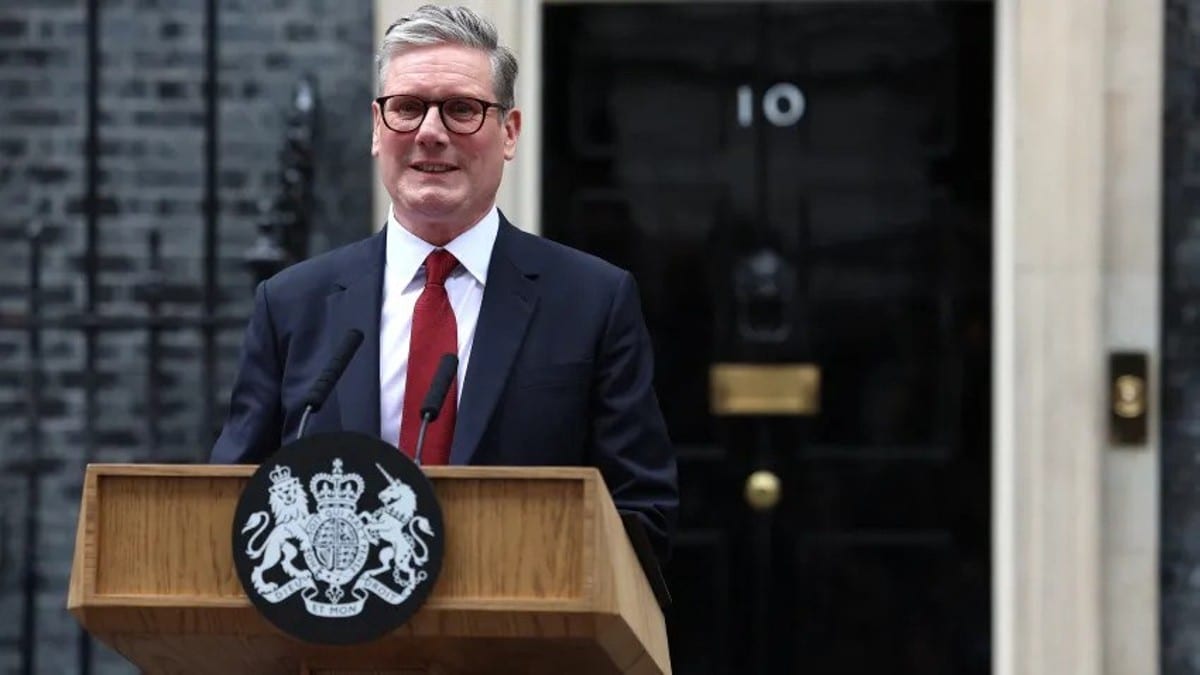Ever since Rishi Sunak, the former British Prime Minister, in May, called snap general elections to be held on July 4, six months before they were due, the die was cast—the near certain demise of ‘Rishi Raj’ ending fourteen years of Conservative rule. Unsurprisingly, in the formerly Brexiting, Eurosceptic UK, with the election results, the pendulum has swung back to the other side, with the centre-left Labour party getting a stunningly mammoth victory getting 412 seats in the House of Commons, at par with the historic win of Tony Blair who secured 418 seats in 1997..
Stunning Loss Indubitably, the elections resulted in a stunning defeat of the Tories—the worst in the 200 years of history of the Conservative Party. Tories have been reduced to 121 seats—a staggering 250-seat loss since the 2019 elections—with their vote share nose-diving 20 percentage points since 2019 to a mere 24 per cent. Dozen ministers have lost the election, including Tory stalwarts.

Tory stalwarts include former Prime Minister Liz Truss, the immediate predecessor of Sunak, Commons leader Penny Mordaunt, and former cabinet minister Sir Jacob Rees-Mogg. This tumultuous fourteen-year Conservative Party rule saw five prime ministers, including three in the last five years. Like recent elections in most European countries, anti-incumbency was at play in the UK as well.
But other problems compounded Tory woes as well, like Euroscepticism (culminating in the 2016 referendum to determine whether to s.
















